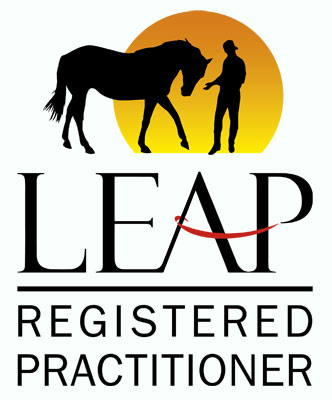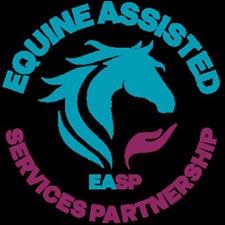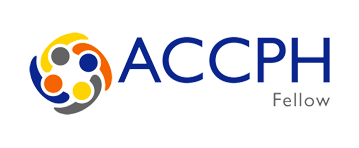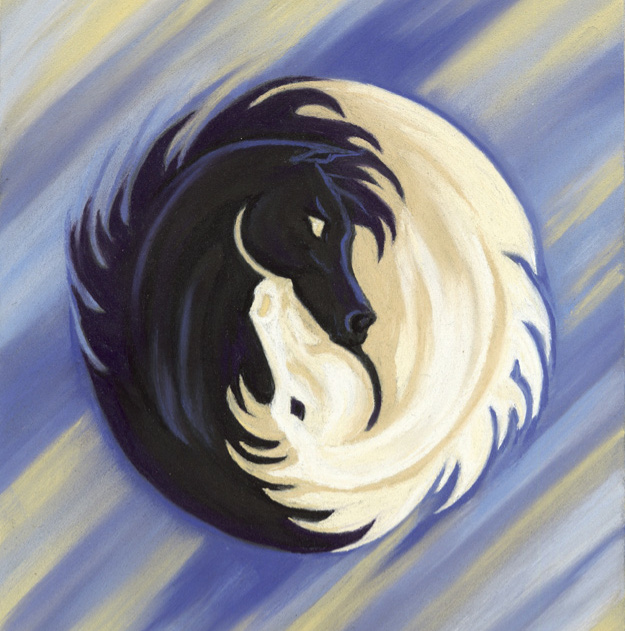
Blog
Myth Busting Series in the Equine Facilitated Industry. Myth No.2: You Don’t Need Much Horse Experience to Do this Work.
24 October 2017
“To begin to understand the horse’s responses to clients and ourselves, as well as other horses; to gain a good grasp of the many variations of equine behaviors, subtle and obvious body language, herd dynamics, equine needs, and vastly complex areas of emotional and energetic communication among horses and between horses and people, can only come from extensive time in the field; literally with a herd.”
Angela Dunning, The Horse Leads the Way: Honoring the True Role of the Horse in Equine Facilitated Practice.
I find it incredible that I even have to write this article but, sadly, I find it is necessary.
While in my first Myth Busting Article: It's About the Horse I outlined why the primary focus of this work is on our participants and clients, not the horses. This article seeks to clarify the vital importance of having substantial equine experience to enable us to do just this in a way which supports both our clients and our equine partners.
This is an inherent and non-negotiable area of expertise, in my view, if we wish to carry our Equine Facilitate Practice in any shape or form.
This is because, hand-in-hand with this primary focus of our clients, is the innate ability to understand, relate to and work well with a wide range of horses.
These two skill sets are entwined and of equal value. My first article clarified this by demonstrating that this work is not about training the horses, horse whispering or horsemanship, in my view. In my book, The Horse Leads the Way: Honoring the True Role of the Horse in Equine Facilitated Practice, I talk more about facilitator's needing deftness of both of these dual skill-sets.
In that first article I argued that no matter what type of client you are work with or which approach you are trained in, pure equine facilitated learning, coaching, therapy or psychotherapy is about the people who come to benefit from it, not changing something in the horses.
However, as I aim to show here, another essential, core skill and body of experience is obviously also with horses.
“Given the subtle nature of this work, practitioners need to have an intimate understanding of and strong connection with horses.”
Unfortunately, there are some approaches and training models which seem to convey that having substantial experience with horses is not necessary, or less essential that having people-skills, or it can be learned along the way. Because of this a worrying number of professionals are being accepted onto training programmes and are now practising without this vital experience, knowledge and skill-set.
I personally find this impossible to accept and I completely disagree with this approach. Further, I feel it greatly undermines the quality of what this method is capable of achieving. Furthermore, my 12 years' experience of this work tells me that the absolute opposite is the case.
Therefore, I deem it necessary, no, vital, to reiterate how important this is and to try to re-set some essential standards in this work.
I have found that to do this work well you and support our clients and our horses we need the following equine knowledge, skills and experience:
1. Substantial amounts of time and experience spent with horses, including handling them, caring for them and undertaking certain fundamental horse tasks/training/horsemanship
2. In-depth knowledge of how horses behave and why, as individuals and as part of a herd, and how herds as an entity operate. Good knowledge of horse psychology and anatomy are also vital, as is equine biology, and their flight, fight and freeze responses of horses.
3. To be able to read, sense and know equine physiological signs, cues and feedback, very, very well, in particular, signs of stress, unhappiness, anger, depression illness and imbalance.
4. Knowledge of how to keep horses healthy on every level – physically, emotionally, psychologically, energetically and spiritually.
5. To demonstrate an ongoing commitment to developing a non-dominant approach to horse-handling and relationships with horses. And, be willing to actively employ equine consent, choice and freedom of movement at all times.
6. A good degree of common sense and understanding of the safety implications around horses, and not be willing to ignore safety in order to create “lovely, transcendent experiences for your clients”.
7. Be prepared to hone sensitive relationship skills with horses
8. Excellent intuition and energetic skills (these are two primary ways in which horses live and communicate to other horses and to us).
9. A willingness to learn and enact sensitivity and response to equine needs for personal space; to respect their boundaries, and set your own boundaries with horses.
10. Experience of wild horses and herds is extremely valuable, particularly in helping you care for and relate to and work with your horses in domesticated settings as this helps prevent stress (see this article explaining more here).
11. Experience of carrying out healing and therapeutic work for horses is also highly valuable, this hones your sensitivity, energy skills and ability to understand the horse’s feedback.
12. Having core, somatic and energy skills; Able to get and staying grounded; mindfulness; centred and present, and having the desire and skills to do this in any moment, and help your clients do so too, is all vital when partnering with horses.
Please don’t hesitate to contact me if you're interested in exploring these issues further with me.
You may also like the following Good Practice Articles:
Guide to Choosing a Practitioner.
Starting Out in the Field of Equine Facilitated Practice.
Myth Busting Series: Myth No. 1: It’s Not About the Horse.
©Angela Dunning, 24 October 2017








